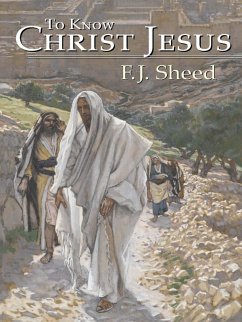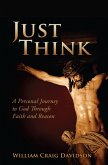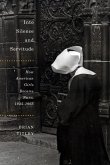In 'The Last Abbot of Glastonbury: A Tale of the Dissolution of the Monasteries' by A. D. Crake, readers are immersed in a captivating historical novel that sheds light on the dramatic events surrounding the dissolution of the monasteries in England. The book is written in a rich and detailed literary style, transporting readers to the turbulent times of King Henry VIII's reign. Crake masterfully intertwines historical accuracy with engaging storytelling, making this book a must-read for history enthusiasts and fiction lovers alike. The vivid descriptions and well-developed characters bring the era to life, providing a deeper understanding of this pivotal moment in English history. As readers follow the last abbot's struggles and triumphs, they will be captivated by the unraveling of a once-powerful institution and the impact it had on individuals and society. A. D. Crake, a history aficionado and skilled storyteller, draws on his knowledge of the dissolution of the monasteries to craft a compelling narrative that educates and entertains. His passion for historical accuracy is evident throughout the book, as he seamlessly weaves facts into the fabric of the story. Crake's research and attention to detail enhance the reader's experience, offering a unique perspective on a turning point in English history. His commitment to portraying the complexities of the era sets this book apart as a standout work of historical fiction. I highly recommend 'The Last Abbot of Glastonbury' to anyone interested in immersive historical fiction that explores the impact of political and religious change on individuals and institutions. A. D. Crake's expertise and storytelling prowess make this book a compelling read for those seeking a blend of history and drama, with a touch of suspense and intrigue.
Dieser Download kann aus rechtlichen Gründen nur mit Rechnungsadresse in A, B, BG, CY, CZ, D, DK, EW, E, FIN, F, GR, H, IRL, I, LT, L, LR, M, NL, PL, P, R, S, SLO, SK ausgeliefert werden.









